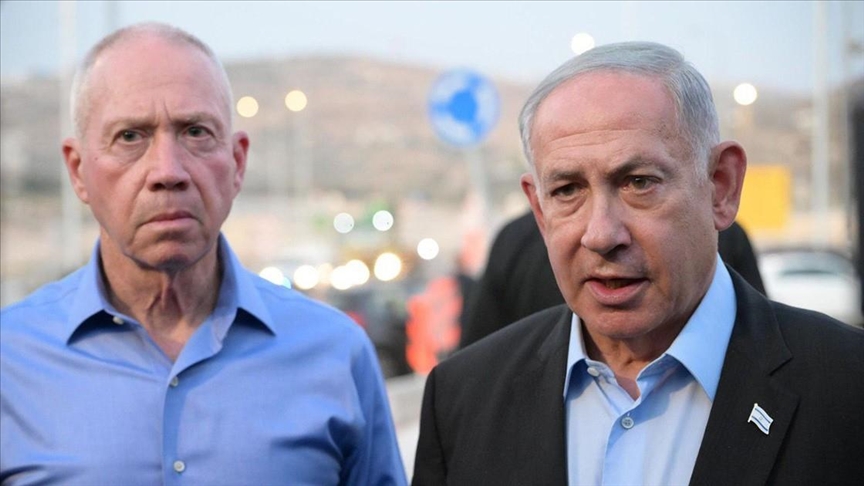ICC Issues Arrest Warrants for Netanyahu and Gallant Amid Gaza Conflict (GS Paper 2, Governance)

Why in News?
- The International Criminal Court (ICC) has issued arrest warrants for Israeli Prime Minister Benjamin Netanyahu, former Defense Minister Yoav Gallant, and Hamas leader Mohammed Diab Ibrahim Al-Masri, accusing them of committing war crimes and crimes against humanity.
- These warrants follow an investigation prompted by the events surrounding the October 7, 2023, Hamas attack on Israel and Israel's subsequent military operations in Gaza.
About the International Criminal Court (ICC)
- The ICC is a permanent court responsible for prosecuting individuals for the most serious international crimes, including genocide, war crimes, and crimes against humanity.
- It was established to ensure accountability for crimes that threaten global peace and security, regardless of the perpetrator's status.
- Unlike the International Court of Justice, which handles disputes between states, the ICC focuses on individual criminal responsibility.
- The court operates from The Hague, Netherlands, and was founded following the adoption of the Rome Statute in 1998.
- The ICC became functional in 2002 and currently has 124 member countries.
- However, some significant nations like the United States, China, India, and Israel have either not ratified the Rome Statute or have withdrawn from it.
How the ICC Functions
- The ICC functions through a prosecutor's office, which conducts investigations and prosecutes cases.
- It has 18 judges who serve nine-year terms.
- Investigations can begin in three ways: by a referral from a member state, a referral by the UN Security Council, or by the prosecutor acting on their own initiative (proprio motu).
- Although the ICC's jurisdiction is based on the membership of states, non-member countries can also be investigated if crimes are committed on the territory of a member state or if the non-member country accepts the court’s authority.
The Charges Against Netanyahu and Gallant
- Netanyahu and Gallant face accusations of war crimes related to the starvation of Gaza’s civilian population.
- The ICC alleges they intentionally denied Gaza's residents access to essential resources such as food, water, medicine, fuel, and electricity between October 8, 2023, and May 20, 2024.
- Additionally, they are charged with restricting vital medical supplies, including anesthetics, exacerbating the suffering of those in need of medical care.
- The ICC further holds them responsible for actions carried out by Israeli military forces under their command, including torture, violence, murders, rape, and destruction of property.
Impact of the Arrest Warrants
- Once the ICC issues an arrest warrant, it is binding on the member states of the court.
- This means that if Netanyahu or Gallant travels to any ICC member state, those countries are obligated to arrest and extradite them to The Hague.
- However, the situation is more complex in this case because Israel is not a member of the ICC, and many of Israel’s key allies, such as the United States, the UK, and Germany, are members but may not comply with the arrest order.
- These nations often support Israel’s actions, making it unlikely they would take steps to enforce the warrant.
- While the warrant may not lead directly to arrests, it is seen as a significant moral victory for Palestine.
- The warrants also intensify international pressure on Israel and limit Netanyahu's travel options, potentially isolating him from international diplomatic circles without causing direct confrontations.
Conclusion
- The issuance of arrest warrants for Netanyahu and Gallant by the ICC highlights the ongoing international tension surrounding the Gaza conflict.
- It underscores the ICC’s role in holding individuals accountable for war crimes, even as political complexities hinder the immediate enforcement of these warrants.


